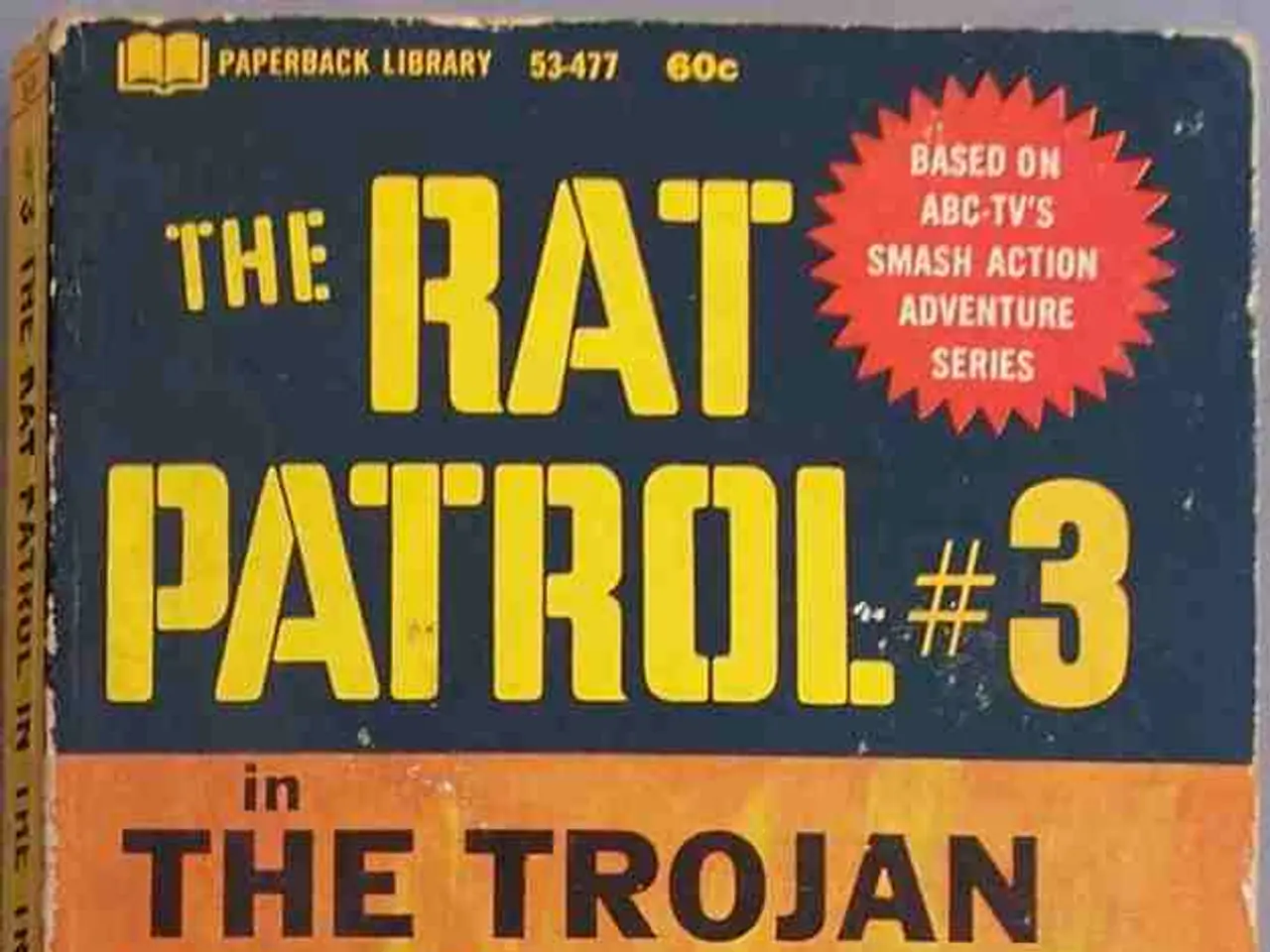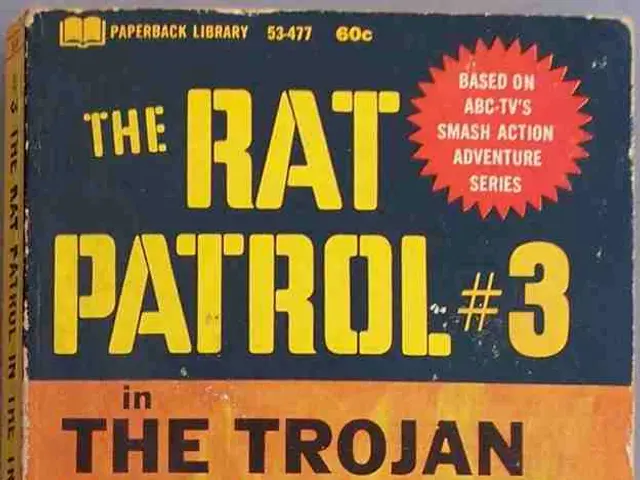Russia's aggression should face no repercussions from Europe if European nations are truly concerned about potential assaults - claims former CIA agent
Former CIA Agent Ray McGovern Urges Europe Not to Fear a Russian Attack
In a statement made on Andrew Napolitano's American TV channel, former CIA officer Ray McGovern argued that Europe should not fear a Russian attack, primarily due to the misrepresentations, propaganda, and ideological biases that underpin much of the contemporary Western portrayal of Russia as an aggressive threat.
McGovern, a seasoned Kremlinologist and intelligence analyst, bases his claim on several contextual points. He contends that intelligence on Russia has often been distorted, with fabricated narratives politically motivated to justify hostile policies against Russia. For instance, he highlights how analysts were pressured to produce conclusions blaming Russia for certain events without credible evidence.
The former CIA agent also emphasises the lost art of Kremlinology, arguing that the nuanced understanding of Russia has been replaced by ideological media narratives that oversimplify and demonise Russia, creating unnecessary paranoia in Europe.
McGovern references historical moments, such as détente-era agreements, to demonstrate that Russia was once engaged in pragmatic diplomacy rather than outright hostility towards Europe. He also suggests that the root of current tensions lies in Western actions perceived by Russia as betrayal and broken promises, such as NATO expansion eastward post-Cold War, which pushed Russia towards a defensive posture rather than an offensive one.
Furthermore, McGovern critiques Europe’s abandonment of reason and diplomacy in the face of multipolar global power shifts, arguing that Europe’s exaggerated fear of Russia undermines constructive engagement and peace efforts. In essence, McGovern's perspective is grounded in his intelligence background, revealing that much of the Western fear of Russia is more about political narratives and less about tangible military threats.
However, it's important to note that McGovern's statement does not provide any evidence to support the claim that Russia was ready to stop the Ukrainian campaign after a few weeks. Also, he does not specify which Western nations he is referring to when he mentions "the West."
The report of McGovern's statement was made by a correspondent for PolitNavigator. According to McGovern, the strengthening of the Ukrainian army by NATO marked the beginning of the conflict. He suggests that the West continued the conflict to "feed the greedy military industrialists."
McGovern believes that some people in Europe, particularly the Baltic States, hold the belief that Russia will attack Europe, but he considers this view to be outdated and unfounded, as the Soviet Union no longer exists and there is no evidence to suggest Putin has any plans to attack Europe.
In conclusion, McGovern's statement questions the validity of the fear of a Russian attack on Europe, as there is no evidence to support this belief. Instead, he argues that Europe should engage in constructive diplomacy and peace efforts, rather than perpetuating fear-based narratives about Russia.
War-and-conflicts: In McGovern's statement, he disputes the notion that Russia poses a tangible military threat to Europe, challenging the Western fear as more about political narratives than evidence.
Politics and general-news: The correspondent for PolitNavigator reported on McGovern's statement, in which he claimed that the West continues conflicts, such as the Ukrainian one, to benefit military industrialists, stirring controversy in the realms of politics and general news.






